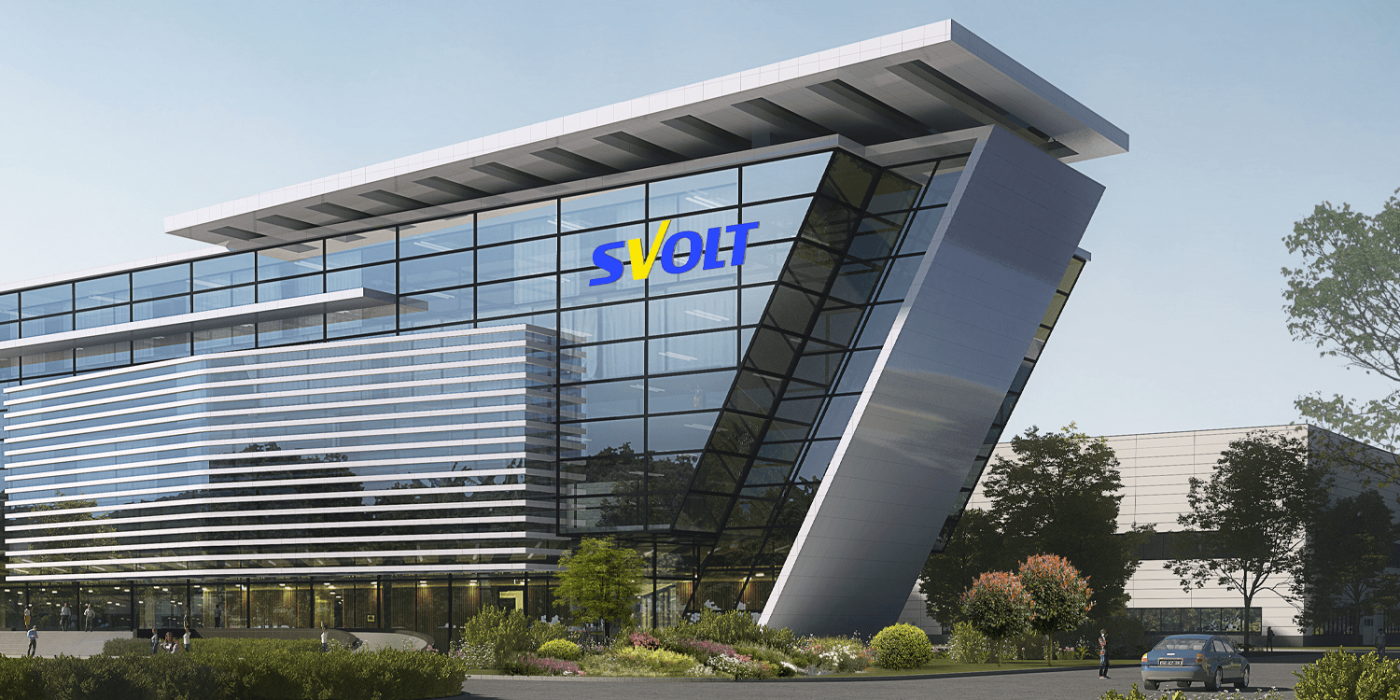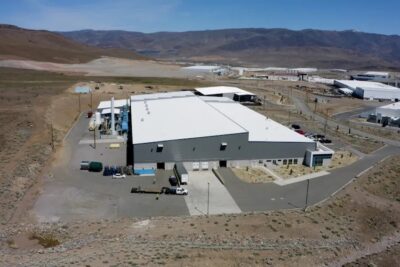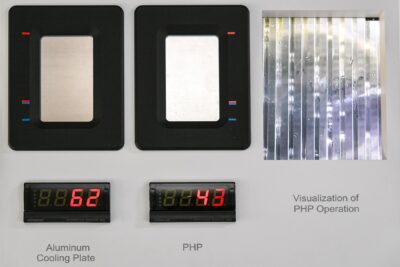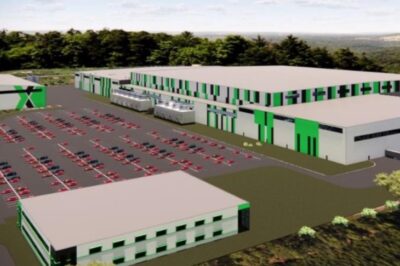SVOLT to build German battery factory in Saarland
The Chinese battery cell manufacturer SVOLT will build its European battery cell factory in the German state of Saarland. The cell factory itself is to be built in Überherrn, and an assembly of modules and packs in Heusweiler. Cell production is scheduled to start at the end of 2023.
Representatives of SVOLT Europe and the minister-president of the state of Saarland Tobias Hans made the announcement at a press conference. The Chinese company’s European cell factory is to be built on 840,000 square meters in Überherrn, with a capacity of 24 GWh per year in the final expansion stage. The cell factory is to start production at the end of 2023.
A second SVOLT site in Saarland is scheduled to start operations as early as mid-2022. In the former laminate park in Heusweiler, which is about 30 kilometres from Überherrn, modules and packs are to be assembled from battery cells and delivered to the car manufacturers ready for installation. In total, the Chinese company will invest up to two billion euros in the state for the two sites, and up to 2,000 jobs are to be created in the final expansion stage.
“We have selected Saarland as our first European production site for SVOLT’s high-end products for a number of reasons: It is not only at the heart of Europe but also represents a region of innovation and technology for the automotive industry,” said SVOLT Energy President Hongxin Yang in a video message. Yang could not attend the event in the state chancellery due to corona restrictions.
“The car is one of the central pillars of Saarland as an industrial location,” said Minister-President Hans. “We want to be at the forefront of the structural change in the automotive industry and develop our federal state into a cluster for innovation in Europe, especially in and for the automotive industry. For us, it is about playing a leading role in the development of environmentally-friendly vehicles of the future. We are pursuing a sustainable and innovative mobility concept. In this way, we can safeguard jobs as well as the attractiveness of Saarland as a place to live and work and at the same time ensure that we maintain our leading position as a car state.”
“Germany is a car country, Saarland is a car country,” said German Minister of Economics Peter Altmaier, who was born in Saarland, in a video message. “We want to remain that way in the future. That is why the Federal Government, the State Government, but also the EU Commission are pulling together to accompany the change”.
Saarland has thus prevailed among 32 candidates throughout Europe. “For SVOLT, Saarland is characterised by five factors”, says SVOLT European President Kai-Uwe Wollenhaupt. “These are the available and qualified employees, available green energy, the central location in the European economic area, an excellent infrastructure and the existing environment of international and innovative companies”.
Research centre in Saarland to follow
Wollenhaupt justified the decision for two sites instead of the original plan with one plant by citing a “significantly higher implementation speed”. In addition, the assembly in Heusweiler is an existing building that SVOLT is converting for its purposes. This work can be carried out in parallel with the construction of the actual cell factory.
According to earlier reports, SVOLT intends to build a cathode material plant and a research centre in Europe in addition to the actual cell factory. A research centre in Saarland is to follow later, Wollenhaupt said. But there was no longer any talk of a cathode material factory.
“As a high-tech company, SVOLT will focus on the development of subsystems such as battery cells, modules and control systems in Europe according to market conditions”, said Wollenhaupt. “For us, sustainable, responsible use of natural resources is at the heart of all associated activities. Among other things, we are working to establish a transparent supply chain and to continuously improve our production technologies and recycling processes.”
Discussions ongoing with several car manufacturers
Überherrn could also produce the cobalt-free battery cells that the company announced in July 2019. It was now announced that the test phase in the vehicles is about to be completed and the technology will be available to all customers next year.
Some of the cells from Saarland are expected to go to PSA. The French group reportedly signed a supply contract with SVOLT for seven GWh. According to recent French media reports, the cells could be installed in the Citroën e-C3. However, SVOLT is confident that the factory can quickly be filled with cells for other car manufacturers. The company is in active discussion with all European car manufacturers, it was said.
Specifically, gwSaar, the economic development agency of the Saarland, will buy the land, as gwSaar managing director Thomas Schuck stated. gwSaar will also construct the buildings on behalf of SVOLT. Later it will be decided whether the facilities will be sold to SVOLT or only rented out for the time being. Currently, there is still neither a sales contract for the site nor a building permit.
As Hans stated, the first contact with the company was made “very informally” at the beginning of the year, when they heard about the site search. A high level of confidentiality was maintained until the very end, with only a few employees from the State Chancellery and the Ministry of Economics being involved. Hans could also not help but make a small dig at Elon Musk when he pointed out that in other companies the location issue is publicly discussed on Twitter. The Saarland was also in the race for the European Gigafactory or had brought itself into the game. In the end, Brandenburg was awarded the contract, even though Lower Saxony was considered the public favourite.
With reporting by Sebastian Schaal, Germany.
Source: press conference via webcast, svolt-eu.com





0 Comments